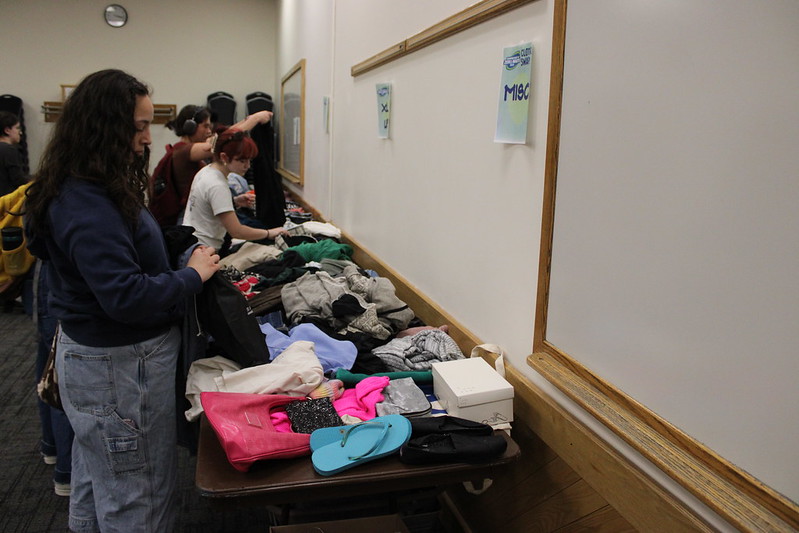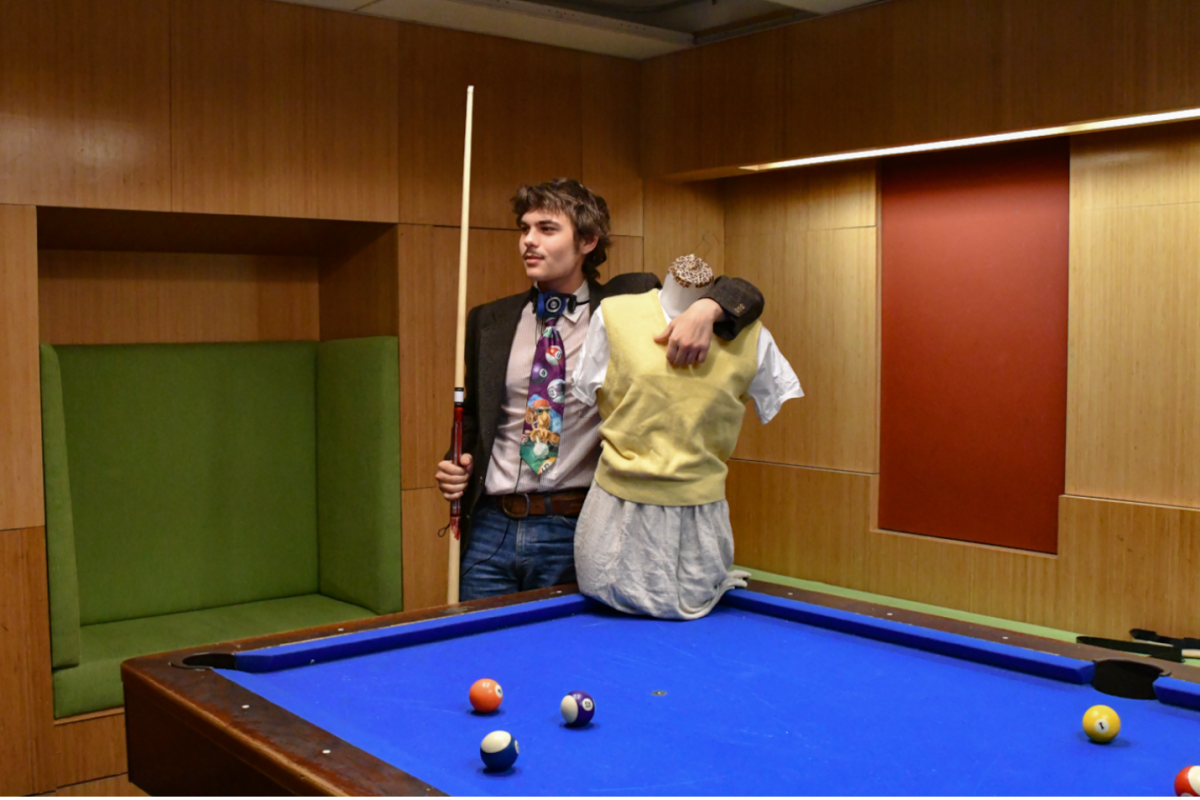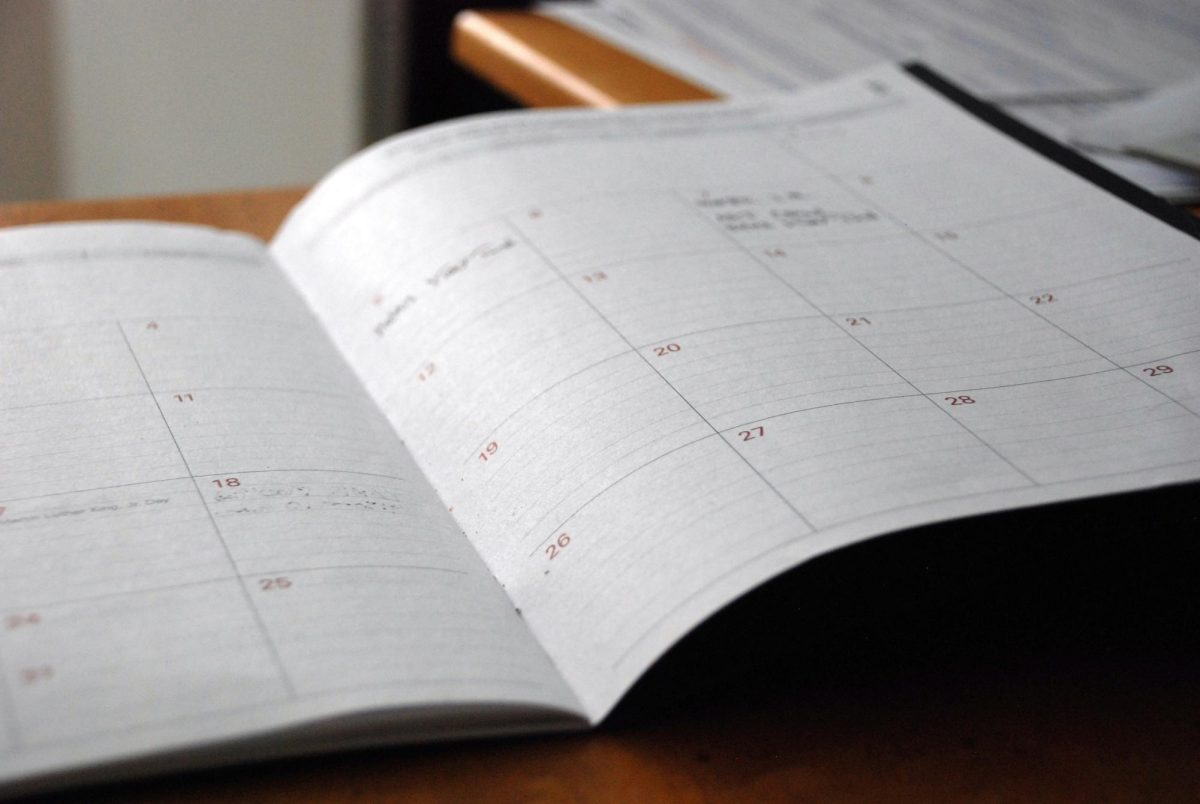
Kevin Hollerbach is a senior, science major with a concentration in environmental science. But concentration would be an understatement.
As the Eco-Rep program manager, he views the University of Massachusetts’ lack of awareness and participation in eco-friendliness as a multi-faceted issue. He believes it will take a collective effort to make improvements.
“The great thing about Eco-Rep that is that it is open to everybody,” Hollerbach said. “It works better when there are people from different majors because they bring in a different perspective.”
Hollerbach attributes the issue of a lack of education, existing misconceptions and infrastructure as discouraging factors to the campus not taking environmental initiative.
Residence halls are the epicenter of the environmental crime. Research collected in 2014 by the two-credit, peer facilitated class, according to Hollerbach, found that residence halls contributed to 50 percent of the total waste stream on campus while only being responsible for a quarter of the recycling on campus.
Breaking the results down more was the annual fall Eco-Rep Trash Sort report. A total of 422 pounds of trash was collected from the Northeast Residential Area, Washington Tower and North Apartment Hall D. They were also searched to gauge the recycling behaviors of the area. Less than half of the “trash” was actually trash. Of the 51.6 percent of non-trash, 34.8 percent was recycling and 16.8 percent was compost.
Northeast Residential Area had the smallest amount of overall trash collected yet was the only place out of the three areas that had less than half of its “trash” as actual trash. In North D, nearly 80 percent of its “trash” was actual trash. Washington Hall, within the Southwest Residential Area was reported to have nearly half of their “trash” as mistaken recyclables. Of those eligible items, 50 percent of those, or 25 percent of their overall “trash” was comprised of alcoholic containers. While getting documented for having alcohol is unfortunate and maybe even a little intimidating, climate change may be just a little bit scarier than BASICS.
A high caliber of trash amongst recycling will cause all of the recycling to be thrown out. This is seen often in the residence halls as indicated by the Trash Sort. While students may have good intentions to recycle their cardboard pizza box, the grease on the bottom will seep onto other recyclables thus making them ineligible to be recycled. The top can always be removed and recycled separately though.
The bins in residences halls are also unnecessarily complex. In each dorm room there is a gray trash bin, a red bottle and cans bin and a blue paper bin. Hollerbach explains that when all of the recyclable materials are transported to the local plant, they are all put together so there is no need to designate certain bins and separate them to begin with.
This holds true for the recycling cans across campus that have circular holes, almost encouraging bottles rather than paper. Anything that is recyclable can go into these.
Other tips offered by Hollerbach include washing clothes in cold water. The level of cleanliness is virtually the same with less energy consumed than washing under hot and warm temperatures. Low flow shower heads have already been put in place in some areas of campus but shortening showers is another possibility.
Hollerbach uses a surge protector so that his plugged in appliances are not using electricity when they are plugged in but not in use. The proper environmental jargon for this is what Hollerbach refers to as “vampire energy.” Appliances can always just be unplugged too.
Using a reusable water bottle and mug eliminates paper and plastic waste but is also safer for students as plastics contain BPA and BPA substitutes which have been linked to cancer. As for the meal being washed down with your water bottle, Hollerbach explains that students can be more mindful of food waste and compost. Every to-go container provided at Bluewall is compostable and they even provide compost bins. Hollerbach brings his own compost bag from off campus to deposit. A compost bag can easily be used in a dorm room as well.
Hollerbach reports that Eco-Rep is working closely with Residential Life to increase recycling and receiving full support from them. He sees this problem as a multifaceted one that Eco-Rep is working hard toward.
Erica Garnett can be reached at [email protected].


















